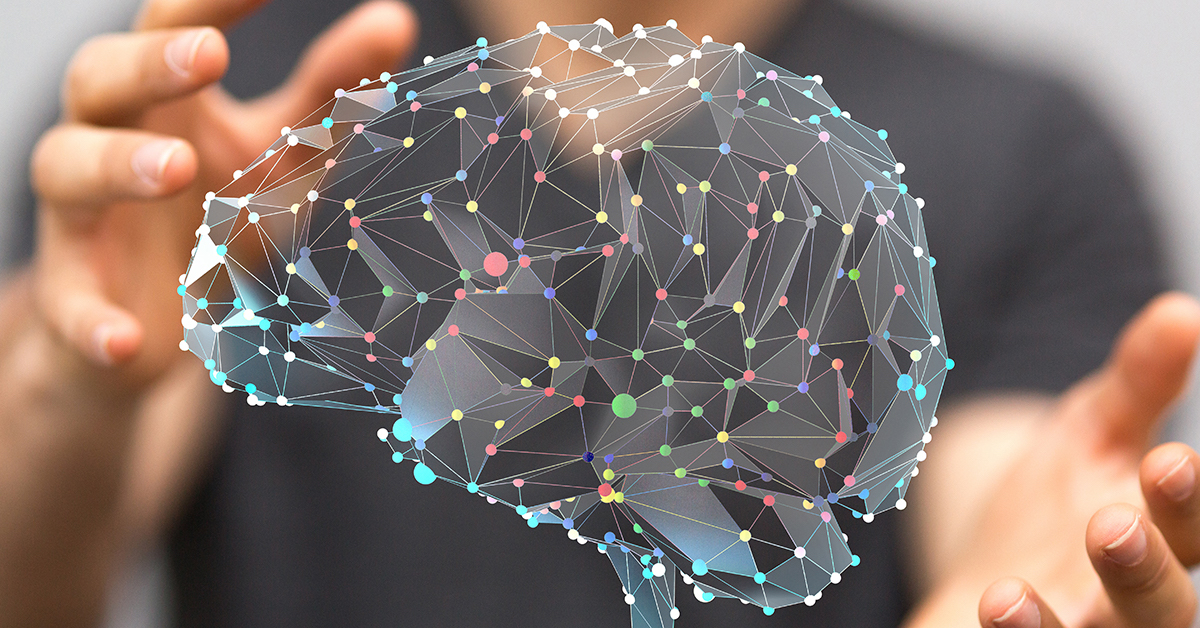
For years, the power of the social brain has been completely underestimated. So, what exactly is the social brain? We like to think of it as the driving force in learning and gateway to cognition. Time after time, research demonstrates that the social brain operates to assist learning throughout our lives.
Here’s a study that demonstrates just how powerful the social brain is. Babies are exposed to a foreign language by a human speaker while they are growing up in an English family. If 9-month-old babies have 12 sessions of play with a live human speaker, they learn the foreign language so well that they’re statistically equivalent to the babies in a foreign country. On the other hand, if the babies are exposed to the same material at the same time in the same room and same dosage but not exposed to a DVD rather than a live human being, they barely learn anything.
This study just goes to show how important social interaction is to lifelong learning. Being in the presence of another human being, watching their eyes and movements, and paying attention to what that person is doing is extremely crucial.
School-aged children as well as college students, adults, and seniors use the social brain every day when they collaborate with others. Without the information and motivation that the social brain provides, optimal learning and living a high quality of life can be quite challenging to achieve.
Analytical Thinking vs. Social Thinking
While one network of your brain is responsible for analytical thinking, the other is focused on social thinking. Any moment that you’re not using your analytical thinking power, you are using its social thinking power.
You go from being an information consumer to an information DJ because you go and tell your friends about what happened or share something on social media. Sharing what we learn with the world around us is essential to the success of mankind.
Socialization is Essential to Cognitive Success
Social interactions are just as effective as brain games and puzzles at building cognition and reducing the risk of conditions like Alzheimer’s disease and dementia. By getting more social, you can lead a smarter, happier, and more productive life.
Contact Regional Neurological Associates
For more information on the social brain and how it affects our learning and everyday lives, we encourage you to contact us today. Call Regional Neurological Associates at (718) 515-4347 to schedule an appointment.


